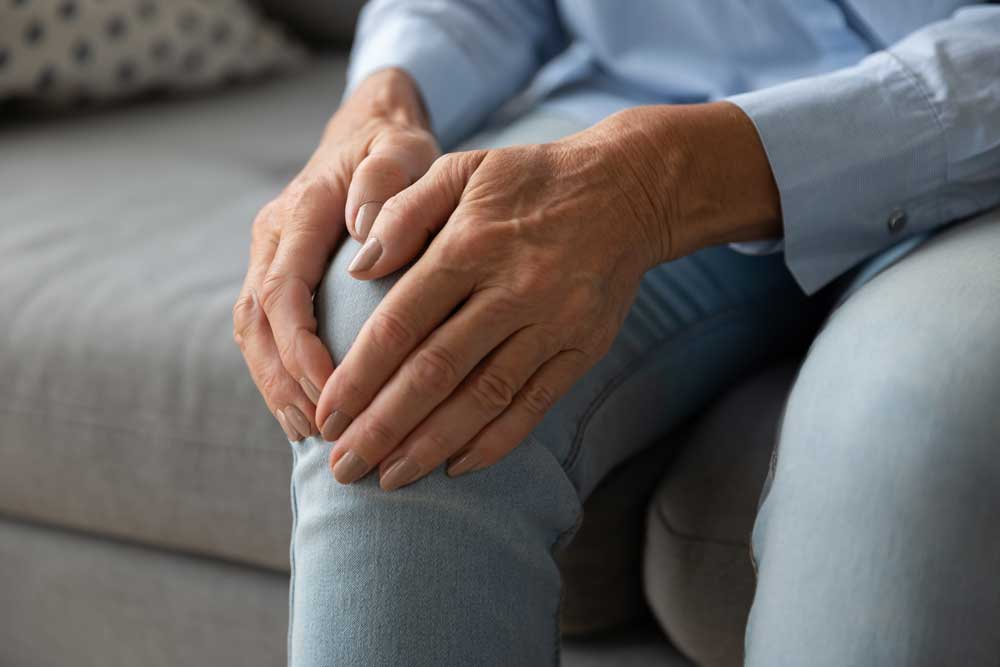It is well known that cardiovascular activity helps is reducing resting blood pressure and total cholesterol levels. Frequent exercise also raises your levels of HDL cholesterol, the ‘good’ form that removes cholesterol from the bloodstream. Cardio improves the heart's pumping efficiency, causing it to pulse faster. This explains why when your aerobic fitness increases, your resting heart rate tends to go down. Greater cardiac function is accompanied by more flexible blood vessels. Studies indicate that lifetime participation in aerobic exercise can help avoid age-related arterial stiffness.
Although it can be difficult to see the heart-healthy effects of cardio in everyday life, putting on your trainers and working out most days of the week can lower your chance of having a heart attack or stroke in the future.
Heart Health Is Only the Beginning
It's likely that you know that cardiovascular, or ‘aerobic,’ activity—that is, exercise is what makes your heart race which is beneficial to your health. It fortifies the heart muscle and reduces resting heart rate. This explains why you may work out efficiently for longer periods of time as you gradually extend your aerobic exercises.

Aids in Long-Term, Clearer Thinking
A robust heartbeat and healthy blood vessels are prerequisites for a healthy brain. Cardiovascular activity increases angiogenesis, or the flow of blood to the brain, bringing oxygen and nutrients that are much needed. However, cardio really benefits your neurons.
Exercise has been shown in studies to enlarge the hippocampus and improve the prefrontal cortex, which houses the brain regions responsible for learning, memory, and problem-solving. Even more, cardio promotes the release of specific proteins known as brain-derived neurotrophic factor (BDNF), which boosts neuroplasticity—the process by which neurones form new connections.
In addition to improving cognition temporarily, the brain alterations brought about by exercise can lower your risk of developing neurodegenerative illnesses like dementia and Alzheimer's disease. Hence, regular exercise can help lessen or postpone the onset of normal cognitive decline brought on by ageing or a genetic predisposition to Alzheimer's disease, even though these changes in cognition are neither entirely preventable nor curable.

Adds Energy to Your Step
Everything becomes easier as your cardiovascular fitness increases. Your VO2max, or the quantity of oxygen your body consumes at maximal exertion, rises when you build an aerobic fitness base. Your tolerance for demanding aerobic activity will increase with VO2max. In result, you won’t weary as readily during everyday activities–going up stairs, carrying groceries, or that hike that felt impossible previously.
Challenging your aerobic system even at the cellular level enhances the performance of the mitochondria, which are the cells' energy-producing organelles. Your ability to generate more energy and use oxygen more effectively will give you newfound stamina that will enhance both your training and daily life.
Reduce Your Blood Sugar
If you have diabetes, cardiovascular exercise helps improve insulin resistance and lower blood sugar (glucose) levels. Similar to weightlifting, resistance training is beneficial. It appears that a mix of the two works best. If you take insulin or other medications, or if you have diabetes, see your doctor before beginning a new exercise regimen.

Improves your mood
Running is an aerobic kind of exercise that can help reduce anxiety and sadness to the point that your therapist or doctor may recommend it as a treatment. It may be partially because it appears to slow down the deterioration of brain cells and increase the hippocampus, a region of the brain involved in emotion regulation. If you want to reap the maximum benefits, just keep at it!

Obtain a More Restful Sleep
Exercise may improve your sleep quality. It can help you maintain emotional equilibrium, relax before bed, and establish a healthy sleep-wake cycle. However, avoid exercising right before bed as this can cause sleep disturbances in certain individuals.

Reduces the Pain of Arthritis
Osteoarthritis can develop in your knees and other joints as you age. One of the best strategies to reduce pain and inflammation is to engage in cardiovascular exercise, such as biking or jogging. Additionally, walking, swimming strengthens your heart, which makes it simpler to maintain an active lifestyle. A balanced diet and regular exercise can help you maintain your weight, which relieves pressure on your knees.
Boosts Your Level of Cholesterol
Your HDL ("good") cholesterol appears to rise when you exercise. Additionally, it can lower your LDL ("bad") cholesterol, but you might need to amp the intensity of your workout to fully benefit from it. A heart attack or stroke can result from plaque accumulation in the arteries, which is facilitated by unhealthy cholesterol levels. If you have not exercised in a long time or are already unwell, consult your doctor about beginning a fitness regimen.